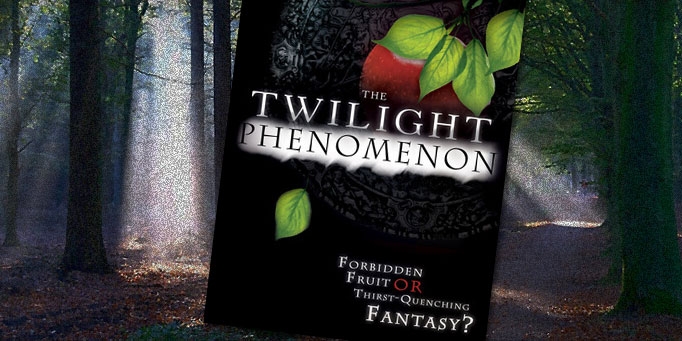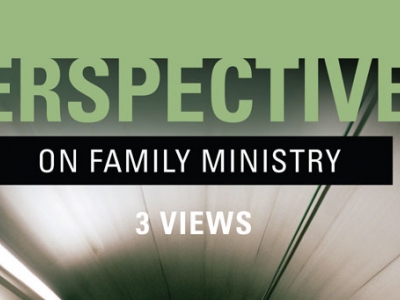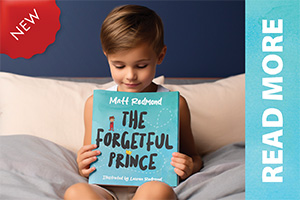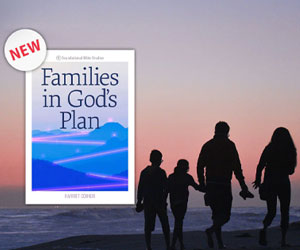
The Twilight Phenomenon - Book review
Should we let our kids read Twilight? What can we learn from these vampire stories?
 An amazing success story
An amazing success story
When was the last time you got ‘lost’ or ‘immersed in a book’? I bet it wasn’t a systematic theology text or a catechism. When I trained at theological college, we had to sign a document to say that we had read Calvin’s Institutes. Why? Because the college authorities were convinced that no one would have read them for pleasure. If you have much to do with teenage girls, then you don’t need me to tell you that a lot of them are losing themselves in Twilight. They are reading it and the books that followed it, New Moon, Eclipse and Breaking Dawn for pleasure. More than that, these books are part of the landscape of contemporary adolescent culture.
The film of the first part of the fourth book (Breaking Dawn) was released in late 2011, and has already brought in over $700 million worldwide. Part two is set for release in November 2012. The book itself was awarded the prize for Children’s Book of the Year in Britain when it was released. This is a phenomenon that needs to be reckoned with.
Should young Christians read Twilight?
The Twilight books are about a young woman who falls passionately in love with a vampire. The story is about relationships and rivalry, jealousy and genocide, hatred, happiness, fear, love, hope and desire. In so far as the story involves good vampires and bad vampires, good werewolves and the search for immortality which is found in a vampire’s kiss, we could respond to the books by ignoring them, or by putting them off limits for ‘good Christians’ who 'ought to be filling their minds with things that are more wholesome in nature'. But this is not what I would suggest. What is more, I have been enjoying reading Kurt Bruner’s thoughts on the phenomenon as he carefully explains why this ought not to be your approach either.
Understanding teenagers
To get an idea of why we need to seriously engage with Twilight, we need to look at some recent research on modern teens. A book that I have been reading on teenagers and the church is You Lost Me by David Kinnaman. The book presents and evaluates research that the Barna Group have conducted to find reasons behind the discomforting fact that so many young people are becoming disconnected from church in the early years of adulthood. We could ignore Kinnaman’s book and the Barna Group’s research by thinking 'it reflects the situation in the US but things are so different here'. Alternatively, we could acknowledge that things here are not so very different from what You Lost Me describes within its pages. I think this book is so important for us to engage with that you’ll probably hear me go on about it on a number of occasions.
One of the reasons, Kinnaman suggests, that young adults are so easily turning their backs on the church is that they have never been shown that the Christian faith is able to speak into all of their relationships. Teenagers are looking for help to address all of their deepest negative emotions, their rivalries, jealousies, feelings of hatred and anger. They are also looking for something to direct them towards substantial happiness, to satisfy their deepest hopes and most ardent desires, to show them a love that can never be surpassed and which can shatter every fear. Teens in evangelical churches have been told that the Catholics are wrong, the charismatics are unbalanced, the prosperity gospel is dangerous. They’ve been repeatedly reminded that Jesus died for their sin, but they know very little of the story of salvation, none of the way in which the story twists and turns through the centuries it took to come to its appointed but completely unexpected climax (witness the swords in the upper room and in the garden and the comment in 1Cor 2:8), and almost nothing of how it connects with each and every waking moment and therefore emotion-filled moment of their lives.
The power of stories
Bruner’s Twilight Phenomenon shows us why it is that stories are so important and why it is that the Twilight series is so appealing to young adults. For these teenagers, the Bible doesn't hold the answers, but Twilight does. It addresses everything that is important to them. Of course, we know the Bible does satisfy all our deepest needs, but Kinnaman points out that what young people have been taught by their churches, has not been connecting with them in the way Twilight does. Bruner offers us a way of looking at Twilight, and the books that followed it, to recognise and appreciate how these stories capture the thoughts and imaginations of teenagers and young adults and how they connect with the realities the young adults themselves are facing. He offers intelligent and satisfying links to the story of salvation rather than sort of trite and cliché-driven associations that the disaffected youth complained of. He invites the reader to see those same themes and concerns as they are refracted through the Bible story.
As I scampered through the Twilight Phenomenon, I couldn’t help thinking that it would so easily lend itself to an excellent series of book-and-Bible studies for teenagers.
Andy Stirrup, Children's and Family Ministry, Youthworks College
For more articles from Growing Faith, subscribe to our monthly e-newsletter.
To hear about the latest books and resources from Youthworks Media, subscribe here.








